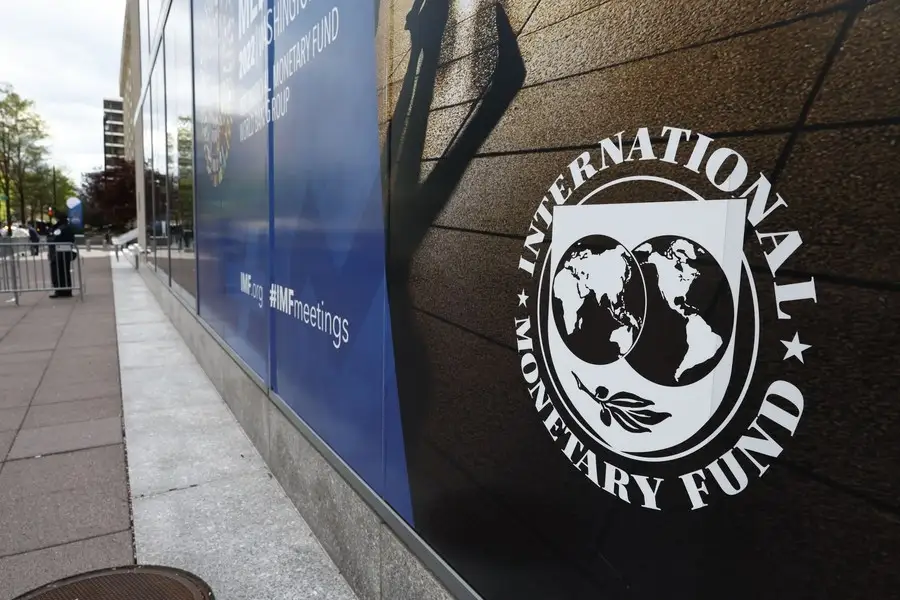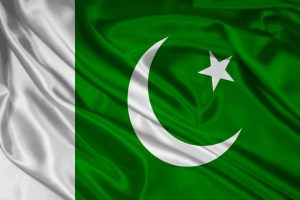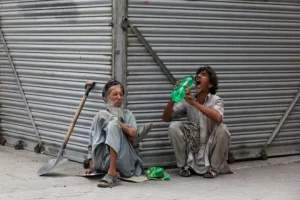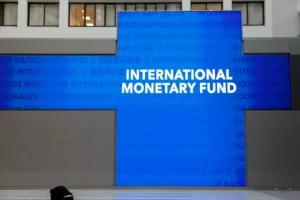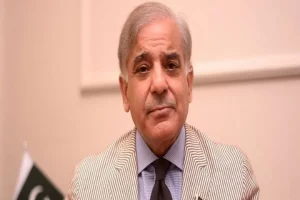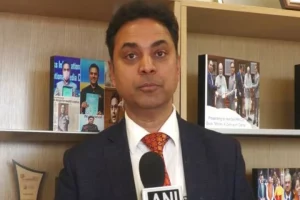Sri Lanka plans to hold debt restructuring talks with Japan, China and India—its three largest bilateral creditors. This follows successful talks with the International Monetary Fund (IMF) under which it has to reduce its budget deficit and renegotiate its debt.
Sri Lanka has appointed financial advisory group Lazard and international lawyers Clifford Chance to approach its main three creditors. The firms have already made the initial approaches to the three main countries, industries minister and cabinet spokesperson Ramesh Pathirana said on Tuesday. He added that other creditors will also be reached.
Earlier this month Sri Lanka had reached an agreement with the IMF for a bail out to revive the economy and pull out the country from a fiscal mess. Under its discussions with the IMF, the government of President Ranil Wickremesinghe has to bring about economic restructuring with a view to making the country economically sustainable.
The country is raising taxes to reduce its budget deficit. It is tightening monetary policy to reduce inflation. It also plans to reduce government expenditure as well as close down loss-making State-owned enterprises.
Meanwhile, Colombo is in talks with the Asian Development Bank (ADB) to raise emergency funds. The Daily FT reports that ADB’s Kenichi Yokoyama, D-G for South Asia, met Prime Minister Dinesh Gunawardena in Colombo.
Yokoyama has reportedly promised that the ADB would provide a $200 million emergency assistance loan and a $3 million grant from the Japan Fund for Prosperous and Resilient Asia and the Pacific (JFPR). These loans will help Sri Lanka ensure access to food and protect livelihoods for the poor and the vulnerable—women, children and farmers.
The emergency funds from the ADB will address the country’s immediate needs like essential medical supplies, materials for water treatment and kick-starting small and medium-sized enterprises.
Sri Lanka has faced a major economic downturn after its foreign debt ballooned this year. It defaulted on its foreign loans for the first time and also had to stop imports of essential commodities which pushed up prices as well as led to shortages. During this time, India came forward to support Sri Lanka with nearly $4 billion in soft loans and a regular supply of essential medicines, food and fuel.
Also Read: Quad backs Sri Lanka to salvage economy: Dr Srimal Fernando
Sri Lanka seeks compensation, wants Chinese fertiliser firm blacklisted






